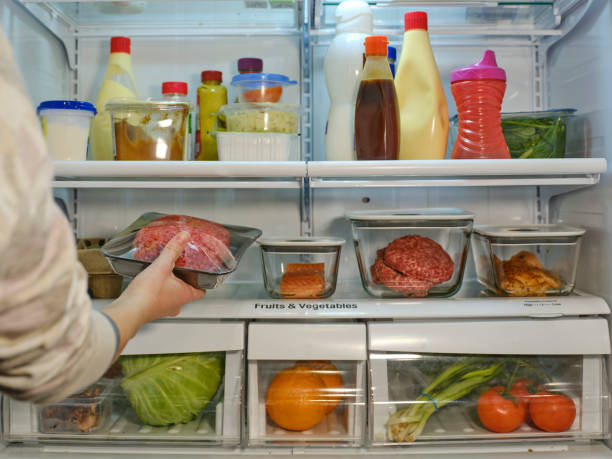Current petrol price in Pakistan:
PKR 267.34 per liter (effective from January 1, 2024). The Pakistan government’s decision to keep petrol prices unchanged for another fortnight is a missed opportunity for economic relief. The move has been criticized by economists and analysts, who argue that it will only serve to exacerbate the country’s economic woes.
Upcoming change duration:
Fortnightly (every two weeks)
Reasons for the decision
The government has cited a number of reasons for its decision to keep petrol prices unchanged, including the need to protect consumers from further inflation and the need to generate revenue for the government. However, many critics argue that these reasons are not convincing.
Impact on the economy
The unchanged petrol prices will have a number of negative consequences for the economy. First, it will lead to higher inflation, as businesses pass on the increased costs of transportation to consumers. This will reduce the purchasing power of consumers and lead to a slowdown in economic growth.
Second, the unchanged petrol prices will also hurt the government’s finances. The government relies heavily on taxes on petrol and other petroleum products to generate revenue. With petrol prices unchanged, the government will collect less revenue, which will make it more difficult to finance its budget deficit.
Missed opportunity for economic relief
The government’s decision to keep petrol prices unchanged is a missed opportunity for economic relief. The government could have used this opportunity to provide some relief to consumers and businesses, which would have helped to boost economic growth.
For example, the government could have reduced petrol prices by a small amount, such as PKR 5 per liter. This would have provided some relief to consumers and businesses without having a significant impact on the government’s finances.
Conclusion
The Pakistan government’s decision to keep petrol prices unchanged is a disappointing one. The move is likely to have a number of negative consequences for the economy, including higher inflation and lower government revenue. The government should reconsider its decision and provide some relief to consumers and businesses by reducing petrol prices.
Additional tips for saving on petrol
In addition to the tips mentioned in the previous version of the blog article, here are some other tips for saving on petrol:
- Drive at a moderate speed: Driving at a high speed consumes more petrol. Avoid speeding and try to drive at a moderate speed whenever possible.
- Keep your car well-maintained: A poorly maintained car will consume more petrol. Make sure to get your car serviced regularly and keep the tires properly inflated.
- Avoid unnecessary braking and accelerating: Sudden braking and accelerating can waste petrol. Try to drive smoothly and avoid unnecessary braking and accelerating whenever possible.
- Use air conditioning sparingly: Air conditioning can also increase fuel consumption. Use it sparingly and only when necessary.
By following these tips, you can reduce your petrol expenses and help to save money.







